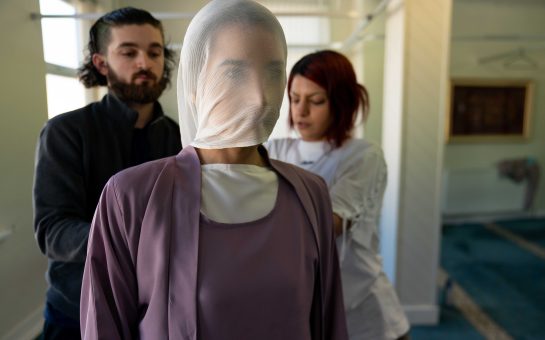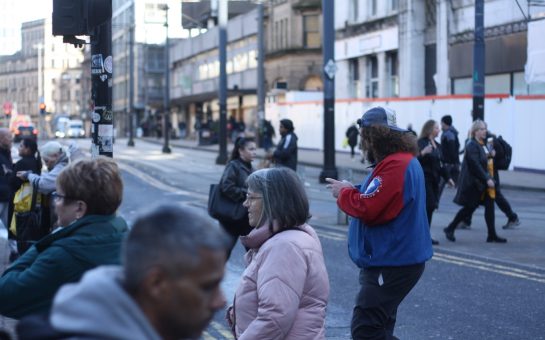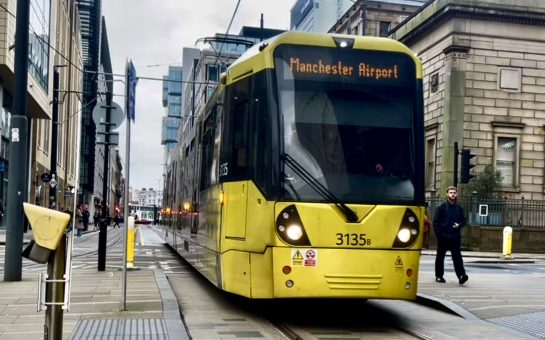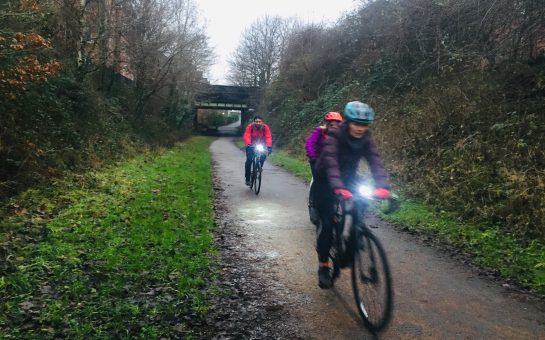It’s easy to point out a problem however it takes hard work and determination to help create a solution.
Abbie Sellers, founder of plastic-free shop Plentiful (formerly Fulfilled), has done just that.
Having saved one million pieces of plastic in just one year, MM spoke to Abbie about the expansion of her plastic-free store, and whether she believes it’s possible for Manchester to go 100% plastic free.
With Plentiful having recently celebrated its first birthday and been nominated as a finalist in the Made in Bury Business Awards, Abbie is looking forward to the future and the exciting prospects of the new shop.
Three times the size of the current store on Silver Street in Ramsbottom, the new premises will have pride of place on the high street while they’ll also stock a wide range of plastic-free items.
“I wanted to shop like this myself. I saw a video about 18 months ago on social media about plastic-free shops that existed in Europe and thought why on earth isn’t that here now?” Abbie told MM when reflecting back to the origins of Plentiful.
Abbie studied conservation at university, where she became aware of the effects of marine entanglement from plastic waste.
There are thousands of everyday items and packaging that end up in landfill sites or the world’s oceans. Once there, they pretty much stay there.
Worse still, plastic does not biodegrade. It leaves behind microplastics, harmful chemicals, and can harm wildlife.
“It was always in the back of my mind that I wanted to set up my own business but I didn’t want to contribute to any environmental issues. It didn’t seem logical to have my own business unless it was a sustainable one.”
SNACKS, CHILDREN’S BOOKS… AND MOONCUPS
At the time the closest plastic-free shop Abbie could find was over 200 miles away in Devon.
“There was nowhere to shop in this way within a reasonable distance with the variety that I wanted.”
Offering a large variety and interesting selection of products is what Plentiful does best. Alongside snacks, dried fruit, breakfast cereals, pasta and rice, you can also purchase cleaning products, stationery, kitchenware, children’s books, and even alternative menstrual products.
“I was surprised at how many Mooncups we’ve sold,” said Abbie, revealing they’re one of her bestselling items. The Mooncup offers an eco-friendly, hygienic alternative to pads and tampons. Made from soft medical-grade silicone, the cup is designed to last for years.
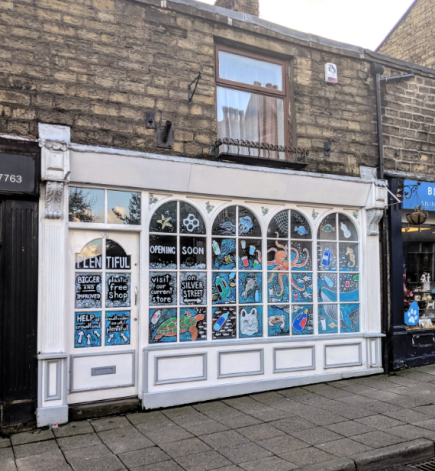
‘TRY AND SHOP THERE’: Abbie Sellers’ new Bury store – while Abbie admits she’s not 100% plastic free, she urges people to find a plastic-free greengrocer or market
Plentiful also has an online presence where you can purchase a range of items and explore their blog and social media for news and helpful tips. However, if you wish to purchase food refills you have to visit the store.
The new store is set to open on November 8 and promises a more convenient shopping experience. The larger store will offer more pre-packaged plastic-free food as well as a new range of fresh and organic food.
“I think it’s really important not to put money into pesticides because that has a devastating impact on insects,” Abbie said.
A dedicated Crowdfunding page has been set up to help launch the new store with a target of £5000. So far 20% has been raised and Abbie hopes that Crowdfunding will cover half of the cost while she’ll cover the remainder.
With a growing selection of products the big question is whether or not we’re ready to go completely plastic free?
“We’ve still got a long way to go. I’m not 100% plastic free,” Abbie admitted.
“However, I don’t use single-use plastic unless it’s unavoidable. For instance, I recently went camping and had to repair my tent so I bought a specialist repair kit which contained plastic.
“There are practical uses for plastics and I understand why companies use them, to prevent damp in transport for instance.”
However Abbie maintained that we can all help by keeping our everyday food buying in check.
“It’s difficult, but if you’re lucky enough to have a greengrocer or market nearby or a shop selling plastic-free fruit and vegetables, then you should try and shop there.”
PLENTIFUL IS BORN
Abbie discussed the business side of going plastic free, and some of the difficulties she faced along the way.
“I didn’t know what I was doing when I started so it was a learning curve. I spent months learning how to run a business.”
Earlier this year Abbie was forced to change the name of the shop after a trademark dispute with another plastic free shop also named Fulfilled.
“That was quite a confidence knock,” Abbie said of the other store, which was trademarked around the same time that Abbie set up her shop.
As a result, the new name Plentiful was launched.
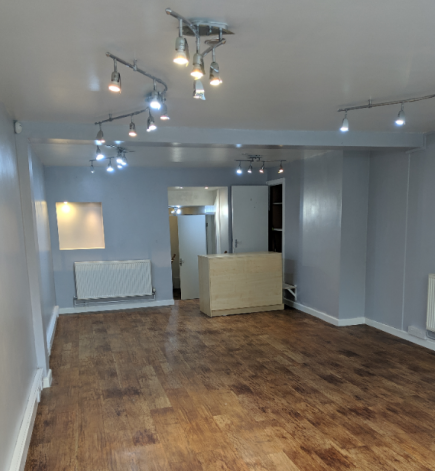
‘WHY ON EARTH?’ Abbie said she was inspired to set up her own business after seeing on social media how many plastic-free shops existed in Europe
“I wanted to emphasise that living sustainably and producing zero waste doesn’t mean you can’t live fully and buy whatever you need.”
Since the opening of Plentiful, more and more plastic-free shops have opened up and down the country. No doubt in response to the growing amount of attention our consumption of single-use plastics has received in the media.
“I see a lot of shops opening like this now and question whether it’s motivated as a money-making thing. I would say to people they should be aware that it’s not going to do that.
“It’s a big trend but you don’t make much money on food when there’s so much competition with supermarkets. I think that was really eye-opening for me. You’ve got to come from the heart rather than an entrepreneurial mind-set.”
If you want to help Plentiful become more of that you can donate to their Crowdfunding page.
https://www.crowdfunder.co.uk/plentiful
